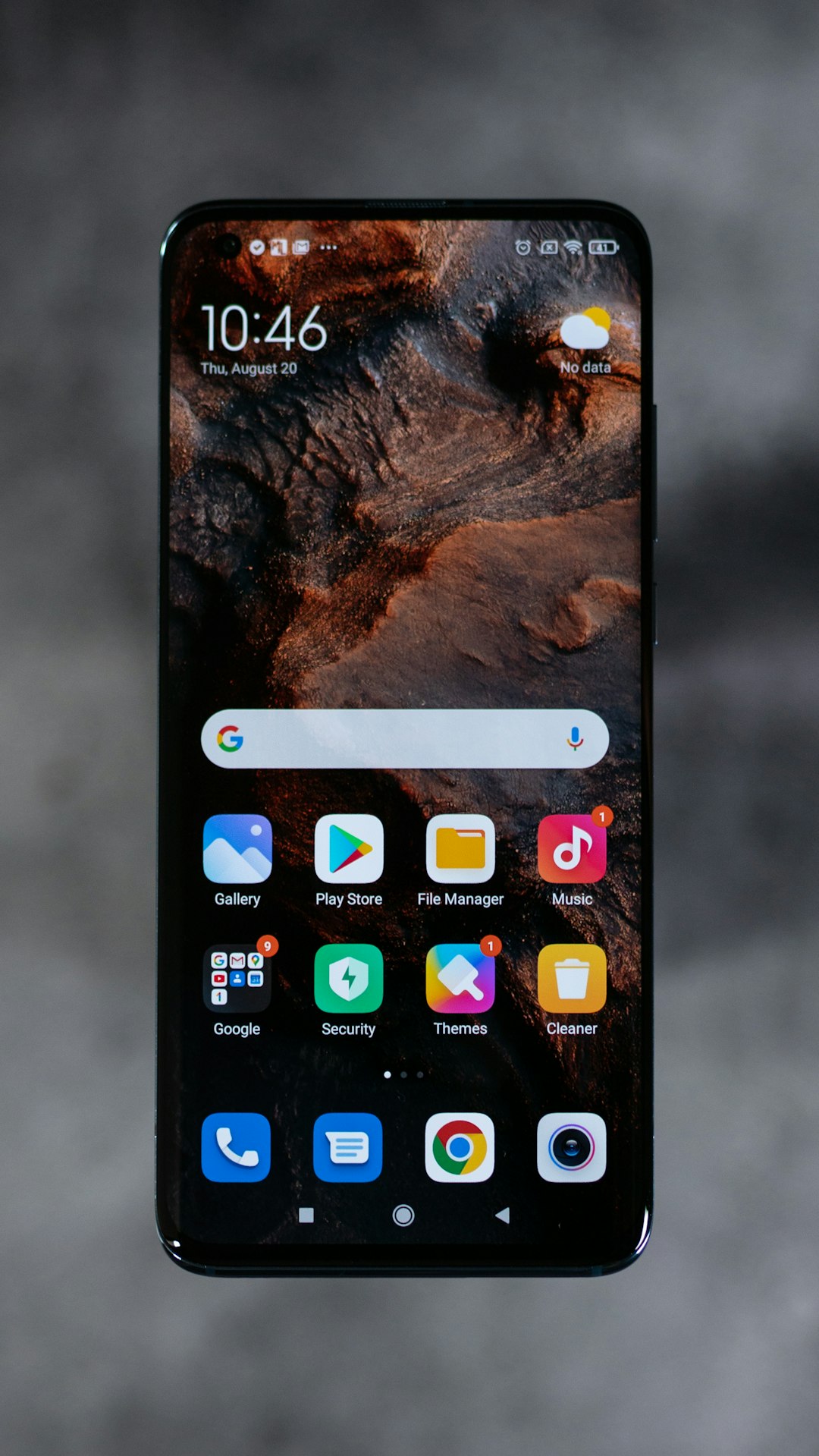Arkansas seniors in assisted living face a surge of robocalls from telemarketers and scammers, leading to privacy invasions and potential financial losses. Rector, an innovative organization, combats this with advanced call screening and blocking systems. Robocall attorney services specialize in navigating the Telephone Consumer Protection Act (TCPA) to protect seniors' rights and reduce excessive calls. Arkansas residents can take legal action against violators via the FCC or private litigation.
In today’s digital era, even senior citizens living in assisted care facilities aren’t safe from the growing menace of robocalls. These automated, unsolicited phone calls can cause distress and pose potential risks to seniors’ well-being. This article explores the pervasive issue of robocalls targeting Arkansas residents over 65 years old in assisted living homes. We uncover innovative technological solutions and legal strategies, including guidance for robocall attorneys, to empower seniors and protect them from these irritating intrusions.
Understanding the Robocall Issue in Assisted Living

In assisted living communities, seniors often face a growing concern—robocalls. These automated phone calls, typically from telemarketers or scammers, can be relentless and unsettling for residents. With limited mobility and potential cognitive impairments, Arkansas’s elderly population becomes an attractive target for these unwanted calls, leading to privacy invasions and even financial losses. Many assisted living facilities have reported a surge in distressed residents after receiving robocalls, highlighting the need for effective solutions.
Robocalls can transmit various messages, from marketing offers to fraudulent schemes, leaving seniors vulnerable. An Arkansas robocall attorney explains that such calls are often difficult to trace and stop due to technological advancements that allow them to bypass traditional blocking methods. This has prompted a call for action among communities, families, and legal experts to implement strategies that safeguard the well-being of seniors in assisted living from this modern nuisance.
The Role of Technology in Senior Protection

In today’s digital era, technology plays a pivotal role in protecting seniors in assisted living facilities from unwanted and often fraudulent robocalls. Rector, a forward-thinking organization, is utilizing innovative solutions to safeguard its residents. They employ advanced call screening and blocking systems that can identify and block robocalls before they reach the senior citizens. This technological intervention significantly reduces the risk of fraud and scams, which are prevalent among vulnerable populations.
Additionally, Rector cooperates with local robocall attorney Arkansas-based organizations to stay informed about emerging trends in scamming tactics. By staying ahead of these illegal practices, they can implement targeted strategies. This multi-pronged approach ensures that seniors have a safer environment, leveraging technology as a powerful tool to protect them from potential legal repercussions and financial losses associated with robocalls.
Legal Strategies: Robocall Attorney's Guide for Arkansas Seniors

In Arkansas, seniors in assisted living facilities face a unique challenge from unwanted robocalls. To combat this, many residents turn to legal strategies involving robocall attorney services. These attorneys specialize in navigating the complex regulations surrounding automated calls, particularly the Telephone Consumer Protection Act (TCPA). By understanding the legal boundaries set by this federal law, these experts can help protect seniors’ rights and curb excessive robocalls.
Arkansas residents have the right to seek legal recourse against companies violating TCPA guidelines. A robocall attorney in Arkansas can guide seniors through options like filing a complaint with the Federal Communications Commission (FCC) or pursuing private litigation. This proactive approach ensures that senior citizens, especially those living in assisted care homes, are shielded from intrusive and often fraudulent robocalls, promoting peace of mind and safer living environments.






